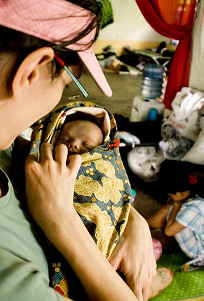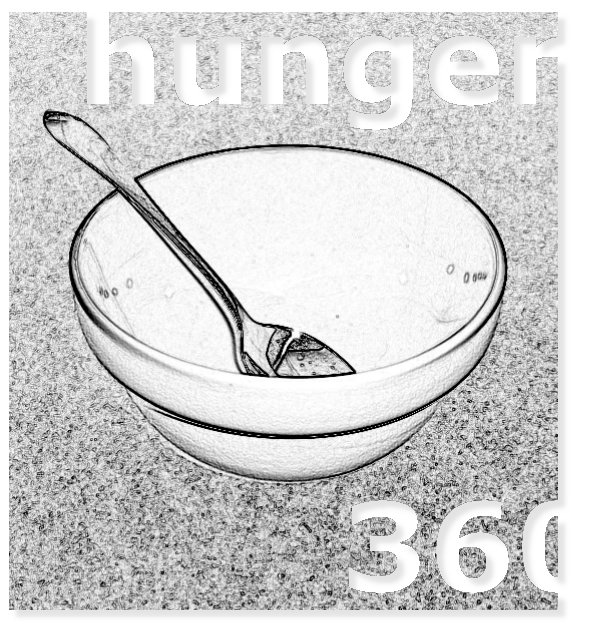by Thomas Kleinert
No more exams for a while. No more tests. No more papers overdue or homework turned in late. School’s out. Summertime. It’s Meet-you-at-the-pool season. It’s “Off to camp, to the mountains, to the beach, to Italy and France” season. Summertime.
I don’t know if you noticed, but this year, after the final half-day of school was over and after the commencement speeches were delivered, the cry of relief wasn’t quite as euphoric and loud as in the past. Some of that lack of enthusiasm can be explained as post-flood soberness: we’re still working, still cleaning up, still trying to figure out what’s next, and we’re just not quite ready yet to go party or do our usual lazy-summer-stuff. Then there is the economic uncertainty where too many are still looking for work and too many are still worried they might lose their job if the markets don’t start humming again soon. And there is the hole in the bottom of the gulf with millions of gallons of crude spewing into the water – and who knows what this means for life in the ocean and on the coast, and for our demand for energy or our standard of living? It’s summertime, and we wish we could sing, ‘…and the living is easy,’ but we can’t because it isn’t.
My mom and my brother have been with us for a few precious days. Sometime last week, I took my mom to Green Hills Mall; she wanted to do some shopping. I dropped her off between Panera and Davis-Kidd, told her that Panera would be a good place for lunch, and off she went. She had a great morning; she loved Pottery Barn and Williams Sonoma, and especially Coldwater Creek.
When she got hungry, she started looking for a place to eat. More specifically, she started looking for the food court. Now, you all probably know that there is no food court at Green Hills Mall, but she kept looking for a while, wondering if she was on the right level or at the wrong end of the building. Eventually she decided to ask a couple for directions.
She could have said, “Excuse me, where is the food court?” or “Pardon me, can you recommend a restaurant in this mall?” Instead she began by telling them the reason for her quest. She said, “I am hungry.”
She meant to add, “Where can I get a sandwich here?” but never got there, because the lady immediately took a step back. When my mom told us the story, I started laughing and said, “Did she offer you a couple of dollars or a cookie from her purse?” No, she didn’t. With both hands raised in a defensive gesture she sought protection behind her husband’s back. She was afraid.
She wasn’t afraid of my mom, a slender woman without any of the traits you expect to see in the large women in a Wagner opera – No, the lady was afraid that real human need had intruded what was for her a safe place, a place where she could look at pretty things and forget the world for a while.
It’s summertime, and we wish we could sing, ‘… and the living is easy,’ but we can’t because it isn’t. Whether we care to admit it or not, there’s uncertainty in the air, even fear.
Don’t you wish Jesus were here? Don’t you wish he simply appeared in all the places where fear threatens to overwhelm hope? Don’t you wish he had sneaked into a commencement celebration somewhere and given the speech the whole world needed to hear right now?
We have these fantasies of God having created the world just a little different or of intervening now with one decisive action from on high to set things right. We have dreams of God sending a strong leader who won’t get corrupted by power or crushed between the wheels of interest groups. We wish Jesus were here.
Beginning with chapter 13, John tells the story of Jesus’ last night with his friends. They didn’t know it would be there last hours together. They didn’t know that he would be arrested, convicted, and crucified the very next day. They didn’t know what was coming next, but Jesus did [for this view of the “farewell discourse,” I follow Eugene Peterson, The Story Behind the Story, Journal for Preachers Vol. 26, No. 4, Pentecost 2003, pp. 4-8].
And so he spent that last night with them preparing them for what they couldn’t even begin to imagine: how to follow him without seeing him; how to do his works without him there to teach and admonish them; how to hear his voice in the noise of the world.
During supper, Jesus got up from the table, got a towel, poured water into a basin, and began to wash the disciples’ feet. And after he had washed their feet, he asked, “Do you know what I have done to you?”
And then he began to talk, and he talked for a long time – it’s more than three chapters, the longest conversation we know of between Jesus and his friends. It’s actually not much of a conversation, because the disciples listened the whole time, only occasionally did they throw in a comment or a question.
And after he had spoken, he prayed. He gathered up the life they had lived together and the life they would continue to live without him. He prayed his life and work and their life and work together into one – one life, one mission, one movement of God’s love to the world and in the world.
That is how he prepared them for the difficult transition. That is how he helped them move from seeing in his life who God is to letting others see in their own lives who God is.
He washed their feet, down on his knees before each of them, teaching them to do to each other what he had done to them, choosing the lowly task of a servant.
He prayed to the one he called Father that their mission and his would be one.
He worked and he prayed, and between those focal points of service and worship, he created a tapestry of images, promises, and commandments. Two things he said over and over again.
I am with you only a little longer (13:33).
Now I am going to him who sent me (16:5).
I am leaving the world and am going to the Father (16:28).
Fifteen times in this conversation, Jesus told his disciples, in one way or another, that he would be leaving them.
The second thing he said, and this also over and over again, was that he would send them the Advocate, the Holy Spirit, the Spirit of truth (14:16, 26; 15:26; 16:7).
Two things he said over and over again, “I am leaving…, I am sending…; I am leaving…, I am sending.” Jesus would leave, but he wouldn’t abandon them. He would no longer be with them, but the Holy Spirit would be in them and continue to connect their life and work with his.
The repetitions in these chapters may seem reduntant, but this speech isn’t just information about God, Jesus, the Spirit, and the church. The rhythms and patterns are themselves formative, and listening attentively and reading receptively become the very gates through which the Spirit comes and speaks.
We wish Jesus were here, but he isn’t. But in continuing to live the Jesus way, we are not left to our own strength and imagination. Jesus is sending the Spirit. “I still have many things to say to you, but you cannot bear them now,” Jesus said. “When the Spirit of truth comes, he will guide you into all the truth.” Jesus’ words are not locked in the past, restricted to a particular period in history. The Spirit allows all generations to receive the word of Jesus in the changing circumstances of our lives, and not just to recall the life of Jesus but continue to live it.
There are words of Jesus that we need to hear to make sense of the church’s role in the current messes of the world, and it is the Spirit who helps us to remember faithfully what Jesus has said and receive obediently what Jesus is saying. We believe that the Spirit has been poured out on all flesh – men and women, young and old, poor and wealthy – and to me that means that we who long to hear the word of God for this day must be attentive to all flesh. Women and men, old and young, poor and rich, trust fund babies and undocumented immigrants. We must listen for the word of God not just in the reading of Scripture or the proclamation of the word, but in every word spoken, whispered, sung or censored among us. We must listen very carefully.
I keep thinking about the two women at the mall. One says, “I am hungry,” and the other is afraid. Of course it is just a simple misunderstanding. Of course it is one that can be easily resolved. And it is soo funny. But it is also true. There is much hunger among God’s children; hunger for bread, for justice, for meaning, hunger for community. And there is much fear; fear of strangers, of the unknown, of losing control, fear of moving down the ladder. I can hear the Spirit speaking: There is hunger and fear, and God wants to make us partners in addressing both, in the name of Jesus.












